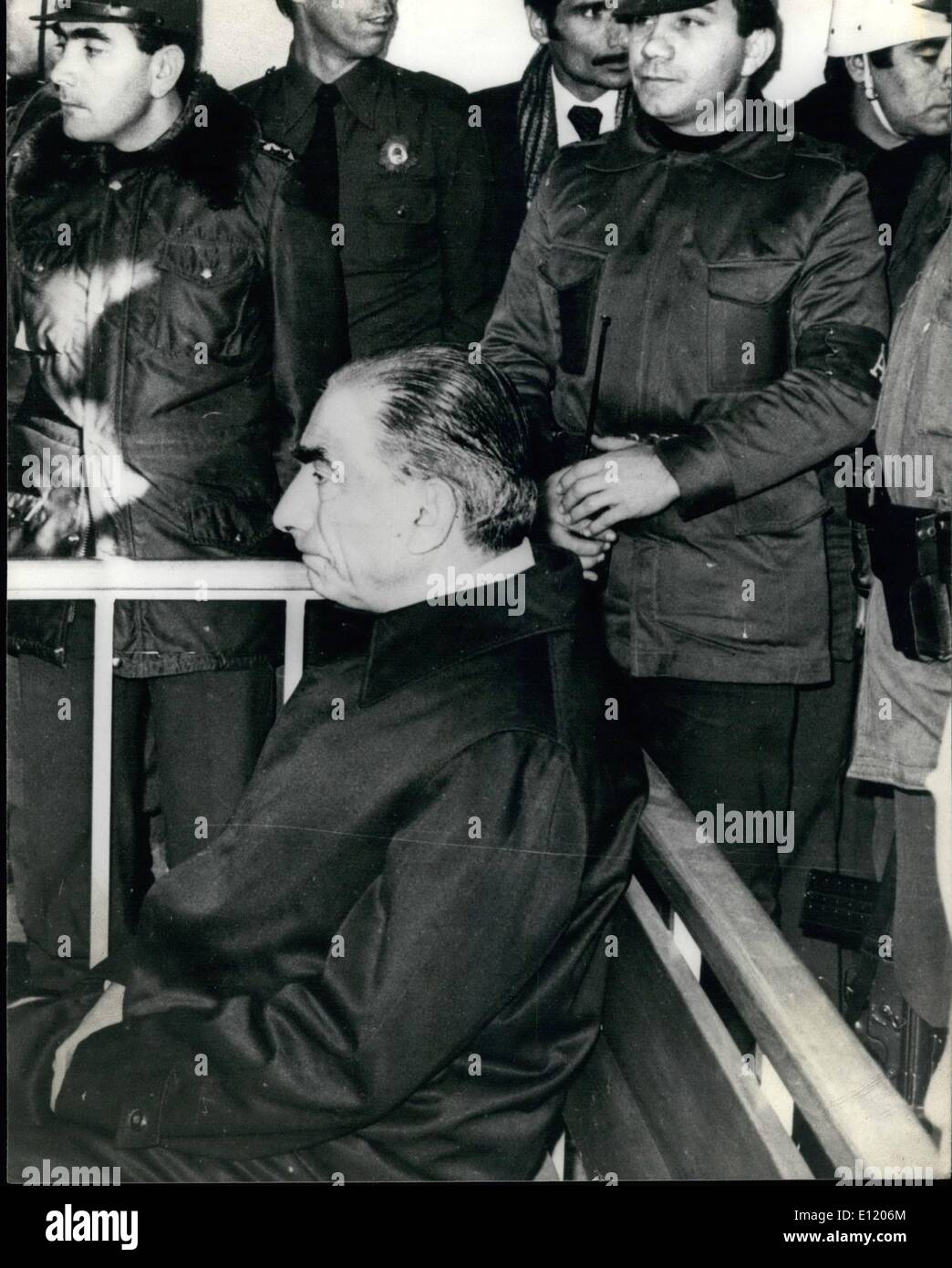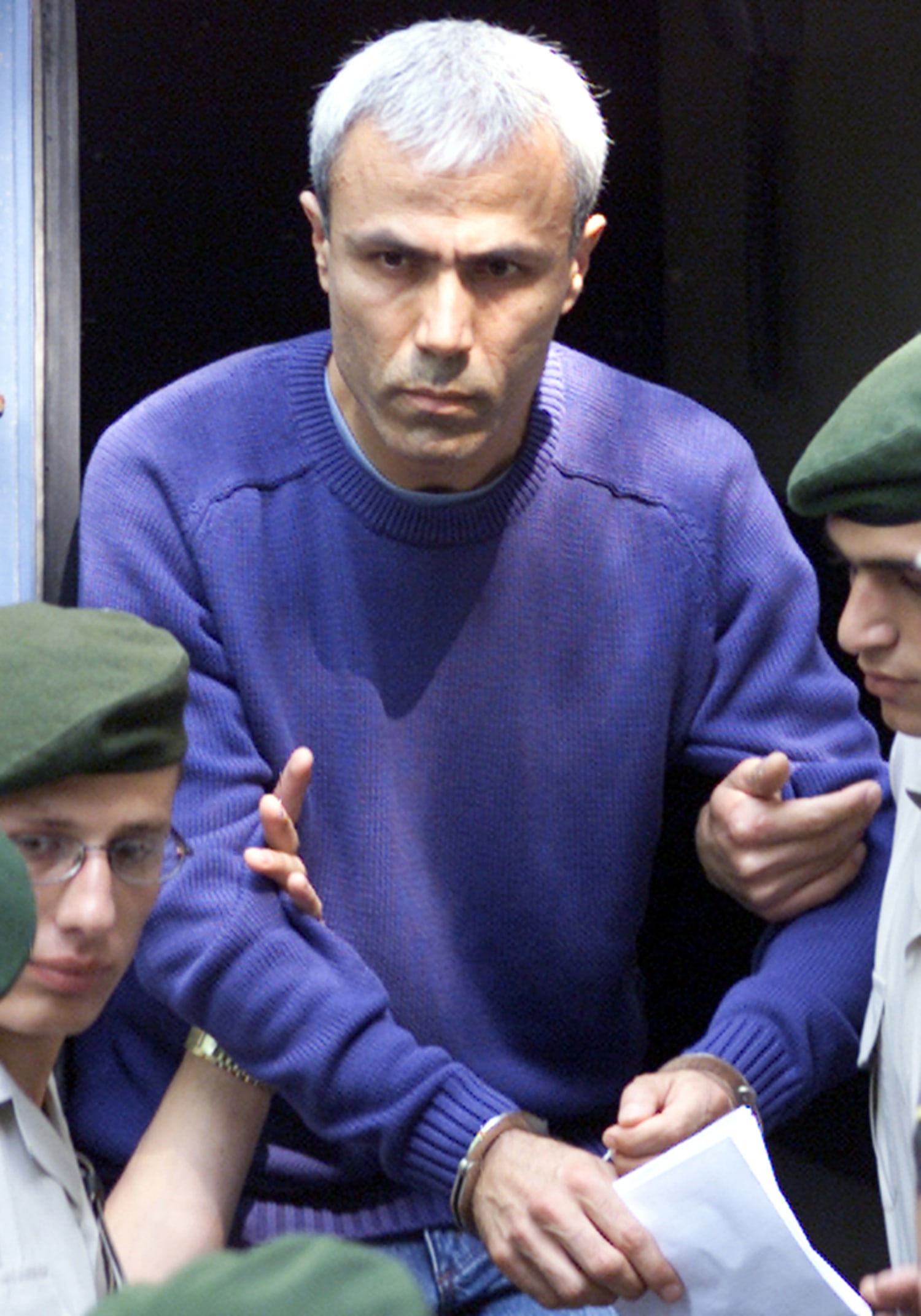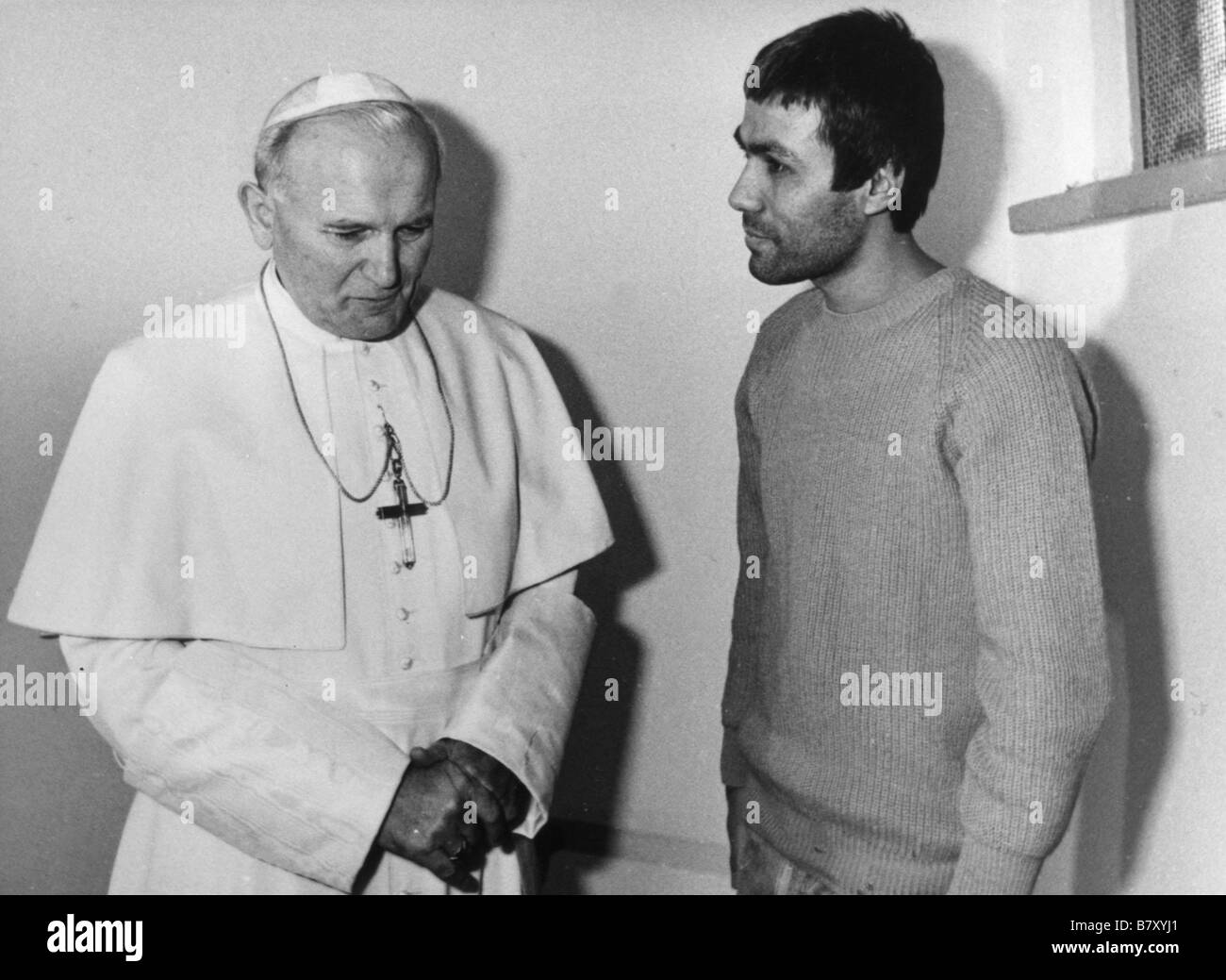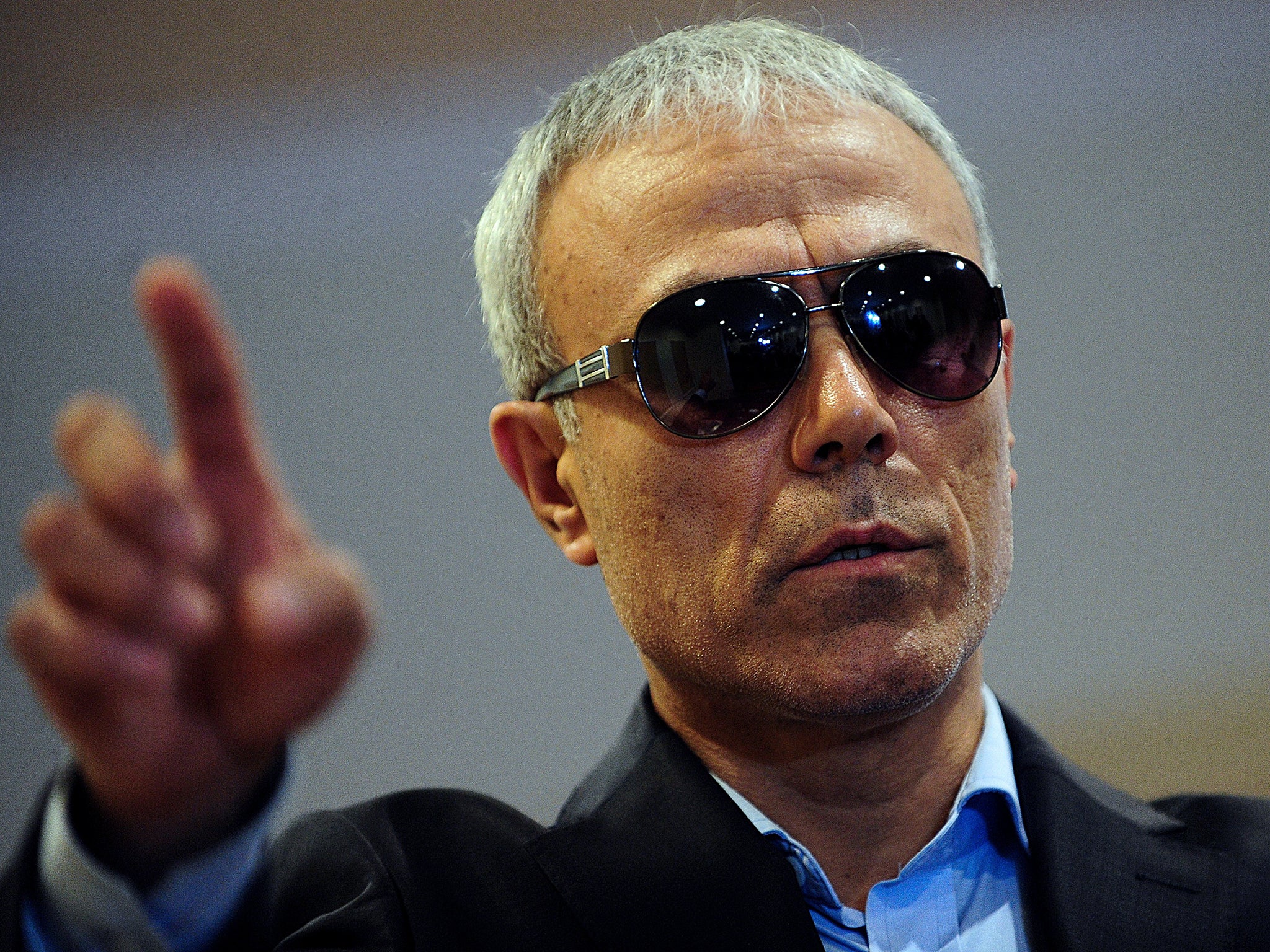
On May 13, 1981, a shocking event unfolded that would reverberate throughout the world: an assassination attempt on Pope John Paul II. This harrowing incident not only posed a grave threat to the life of a revered spiritual leader but also carried significant ramifications for international relations and political dynamics, especially in Eastern Europe. The attempt on the Pope’s life was not merely an isolated act of violence; it was deeply intertwined with the political tensions of the time, particularly the struggle against oppressive regimes in the region. In this article, we will explore the intricate context surrounding the assassination attempt, examine the immediate aftermath and its impact on both the Catholic Church and global politics, and reflect on the enduring legacy of this critical moment in history. By delving into the motivations behind the attack and the subsequent responses, we can gain a deeper understanding of how this event shaped the course of events in the latter part of the 20th century.
Understanding the Context

The Cold War Era
The assassination attempt took place during the **Cold War**, a period characterized by profound political and ideological conflict between the **Soviet Union** and the **Western Bloc**. This era was defined by a fierce struggle between two opposing ideologies: communism, championed by the Soviets, and capitalism, upheld by Western nations. The pervasive atmosphere of fear and uncertainty during this time was palpable, affecting not only governments and military strategies but also the lives of ordinary citizens. Amidst this backdrop of tension and division, one might wonder how these geopolitical dynamics intersected with the figure of the Pope and the broader implications of his role in the world.
The Role of Pope John Paul II
Pope John Paul II, who hailed from Poland, emerged as a pivotal figure in the global resistance against communism. His unwavering **support for the Solidarity movement** in Poland galvanized countless individuals to stand up against oppressive regimes and fight for their rights and freedoms. The Pope’s influence transcended the boundaries of the Catholic Church, resonating with people from various backgrounds and faiths. This made him a prominent target for those who sought to preserve the existing political order and suppress any dissent that threatened their authority. His actions and messages of hope and resilience inspired many, but they also placed him in grave danger.
Who Was Mehmet Ali Agca?
The individual behind the assassination attempt was **Mehmet Ali Agca**, a 23-year-old Turkish man with a complicated and troubled history. Agca’s motivations for targeting the Pope were multifaceted, stemming from a blend of political ideologies and personal grievances. His actions raised critical questions: Was he acting independently, or was he part of a larger conspiracy with deeper political implications? The investigation into his motives and affiliations revealed a tangled web of intrigue, suggesting that the assassination attempt was not merely an isolated incident but rather a reflection of the broader conflicts and tensions of the Cold War era.
The Day of the Attack

A Shocking Moment
On that fateful day, the atmosphere in **St. Peter’s Square** was electric as thousands gathered to witness the Pope greet the faithful. Suddenly, in a horrifying turn of events, Mehmet Ali Agca, a man with a troubled past, fired several shots into the crowd. The bullets struck Pope John Paul II, sending shockwaves of panic and disbelief through the assembled masses. The chaos that erupted was palpable, with people screaming and scrambling for safety. Can you imagine the sheer terror and confusion that enveloped the scene in that heart-stopping moment, as the leader of the Catholic Church lay wounded before their eyes?
The Immediate Aftermath
In the wake of the attack, Pope John Paul II was swiftly transported to a nearby hospital, where a team of skilled surgeons worked tirelessly to save his life. The world held its collective breath, anxiously awaiting news of his condition as he underwent a critical surgery. His survival was nothing short of miraculous, a testament to both medical expertise and the power of hope. However, this shocking incident raised profound questions about the implications for the future of the papacy and the safety of public figures.
Public Reaction
The assassination attempt ignited a wave of **public outrage** and deep concern across the globe. Vigils sprang up in cities around the world, with people lighting candles and offering prayers for the Pope’s recovery. This tragic event united individuals from diverse backgrounds, showcasing the incredible power of collective faith and solidarity. The outpouring of support for Pope John Paul II highlighted not only the affection people held for him but also the resilience of the human spirit in the face of violence and adversity.
Investigating the Conspiracy

Was There a Larger Plot?
Following the arrest and conviction of Mehmet Ali Agca, the man responsible for the assassination attempt on Pope John Paul II, a cloud of uncertainty loomed over the case. Many observers and analysts questioned whether Agca had acted independently or if he was part of a larger conspiracy. Speculation ran rampant, with some suggesting that the **Soviet Union** or other clandestine organizations might have played a role in orchestrating the attack. Despite the numerous theories that circulated in the media and among the public, no definitive evidence surfaced to substantiate these claims. This raises an intriguing question: why do conspiracy theories tend to flourish in the aftermath of such high-profile incidents?
The Role of the KGB
Among the various theories, one particularly notable suggestion was that the **KGB**, the notorious secret police of the Soviet Union, had orchestrated the assassination attempt as a means to eliminate a significant adversary. This theory gained momentum largely due to Pope John Paul II’s outspoken criticism of communism, which positioned him as a formidable opponent in the eyes of the Soviet regime. However, the question remains: is there any credible evidence to support these assertions, or are they merely the product of speculation and fear?
Agca’s Claims
In the midst of this swirling controversy, Agca himself made a series of statements regarding his motivations and the alleged involvement of accomplices. However, his accounts were often inconsistent and contradictory, which only served to intensify the speculation surrounding the case. It’s akin to attempting to assemble a complex puzzle without all the pieces—frustrating and perplexing. The lack of clarity in Agca’s narrative has left many wondering whether the truth will ever be fully uncovered, or if it will remain shrouded in mystery.
The Pope’s Recovery and Forgiveness

A Miraculous Recovery
After a lengthy recovery, Pope John Paul II returned to the public eye, embodying resilience and strength. His journey back to health was a testament to his faith and determination. But what came next was even more surprising.
The Power of Forgiveness
In a remarkable act of compassion, the Pope forgave Agca during a prison visit. This gesture shocked many and highlighted the Pope’s commitment to peace and reconciliation. Can you imagine having the strength to forgive someone who tried to take your life?
Impact on the Catholic Church
The assassination attempt and the Pope’s subsequent forgiveness had a profound impact on the **Catholic Church**. It reinforced the message of love and forgiveness that the Church promotes. This event became a pivotal moment in the Pope’s papacy, shaping his legacy.
Global Implications

Influence on Eastern Europe
The Pope’s survival and his subsequent actions inspired many in **Eastern Europe** to continue their fight against oppressive regimes. The **Solidarity movement** in Poland gained momentum, ultimately leading to significant political changes. Was this the turning point for communism in the region?
Shifting Political Landscapes
The assassination attempt also shifted the political landscape in Europe. It highlighted the fragility of power and the potential for change. Leaders began to reconsider their strategies in dealing with dissent and opposition.
Legacy of the Event
Today, the assassination attempt on Pope John Paul II is remembered not just as a violent act, but as a catalyst for change. It serves as a reminder of the power of faith, forgiveness, and the human spirit.

The assassination attempt on Pope John Paul II was a pivotal moment in history that reverberated far beyond the walls of St. Peter’s Basilica. It challenged the world to reflect on the nature of forgiveness, the struggle for freedom, and the resilience of the human spirit. As we look back, we can see how one event can change the course of history. What lessons can we learn from this remarkable story?
| Event | Date | Significance |
|---|---|---|
| Assassination Attempt | May 13, 1981 | Threatened the life of Pope John Paul II |
| Pope’s Forgiveness | 1983 | Highlighted the power of forgiveness |
| Solidarity Movement Gains Momentum | 1980s | Inspired resistance against communism |

